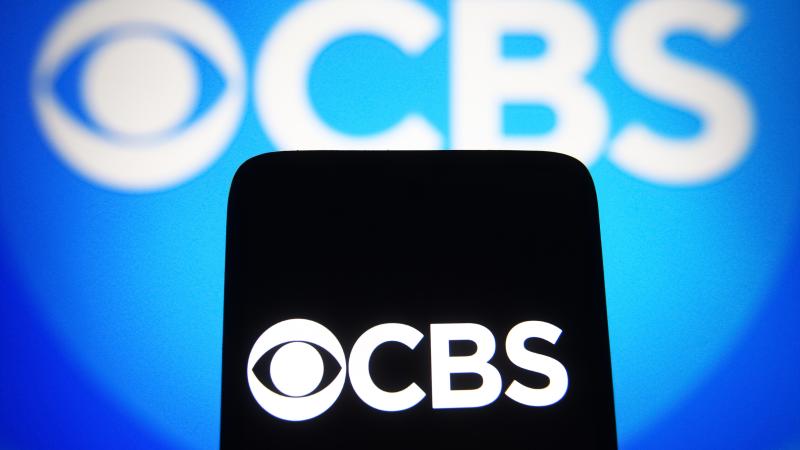Budget experts say Biden's negotiated reconciliation bill relies on 'massive' budget 'gimmicks'
'To truly Build Back Better, policymakers need to drop the gimmicks and games,' says CRFB President Maya MacGuineas
The Committee for a Responsible Federal Budget said Thursday that President Biden's negotiated reconciliation bill relies on budget "gimmicks" as the basis for its $1.75 trillion price-tag.
"Unfortunately, the framework relies heavily on the massive gimmick of arbitrary sunsets to make the numbers work," said Maya MacGuineas, president of the nonpartisan group. "The increase in the Child Tax Credit amount and the Earned Income Tax Credit expansion last for only one year. Expansions of the Affordable Care Act will continue for only four years. And proposals to provide child care and pre-K will last for only six years."
She released her statement hours after Biden in a White House address announced that he had reached a framework deal with fellow Senate Democrats that reduced the cost of the spending bill from its original, roughly $3.5 trillion price. The updated framework includes universal pre-K, child care support, home health care funding and more than $550 billion for climate change initiatives.
"Extending these policies could end up costing up to $2 trillion over the decade, or perhaps even more," MacGuineas also said. "To meet the president’s commitment that Build Back Better be fully offset, any extensions would need to be fully paid for as well. Unfortunately, such extensions have often been deficit-financed in the past."
Biden appears to have dropped the so-called billionaires tax from the proposal but the new framework includes a 5% tax on income of $10 million and a 3% "surtax" on income above $25 million.
MacGuineas urged Democratic lawmakers to "swap out temporary proposals for permanent ones" and "scale back, target, and prioritize to ensure the plan remains fully paid for."
Democrats are using the budget reconciliation process to pass the Build Back Better Act to avoid the legislative filibuster.
"To truly Build Back Better, policymakers need to drop the gimmicks and games," MacGuineas said.














